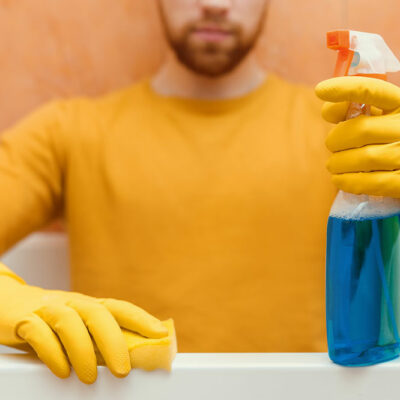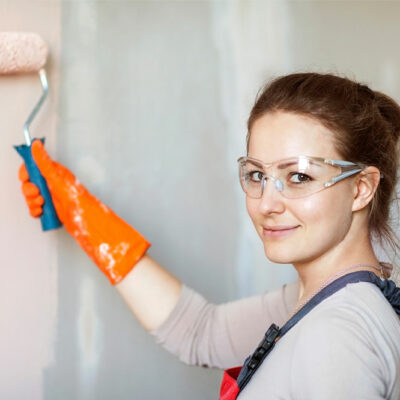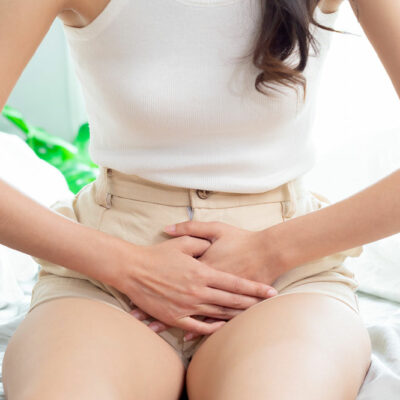
Sliding window blinds – Types and advantages
Sliding window blinds are gaining popularity because of their versatility and style. They offer an ideal solution for spaces needing privacy, light control, and energy efficiency while enhancing the room’s overall aesthetic appeal. Going for sliding windows might be one of the best options for window replacement or home remodeling. Let’s delve into the benefits of sliding window blinds, the different types available, and how to choose and maintain them. Advantages of sliding window blinds Privacy Sliding window blinds provide excellent privacy, making them perfect for areas such as bedrooms, bathrooms, and other spaces that require privacy. Light control Sliding window blinds offer excellent light control, making them ideal for spaces needing varying lighting levels, such as media rooms or home offices. Energy efficiency Such window blinds help conserve energy by minimizing heat loss in the winter and reducing heat gain in the summer, making them a practical choice for energy-efficient spaces. Style and aesthetics These window treatments are available in various materials like vinyl and wood, colors, and styles, making them a perfect option for adding style and aesthetics to any room. They can elevate a space’s look and feel while serving a functional purpose. Types of sliding window blinds There are several types of sliding window blinds to choose from, each with its own features and benefits.
Read Article 









